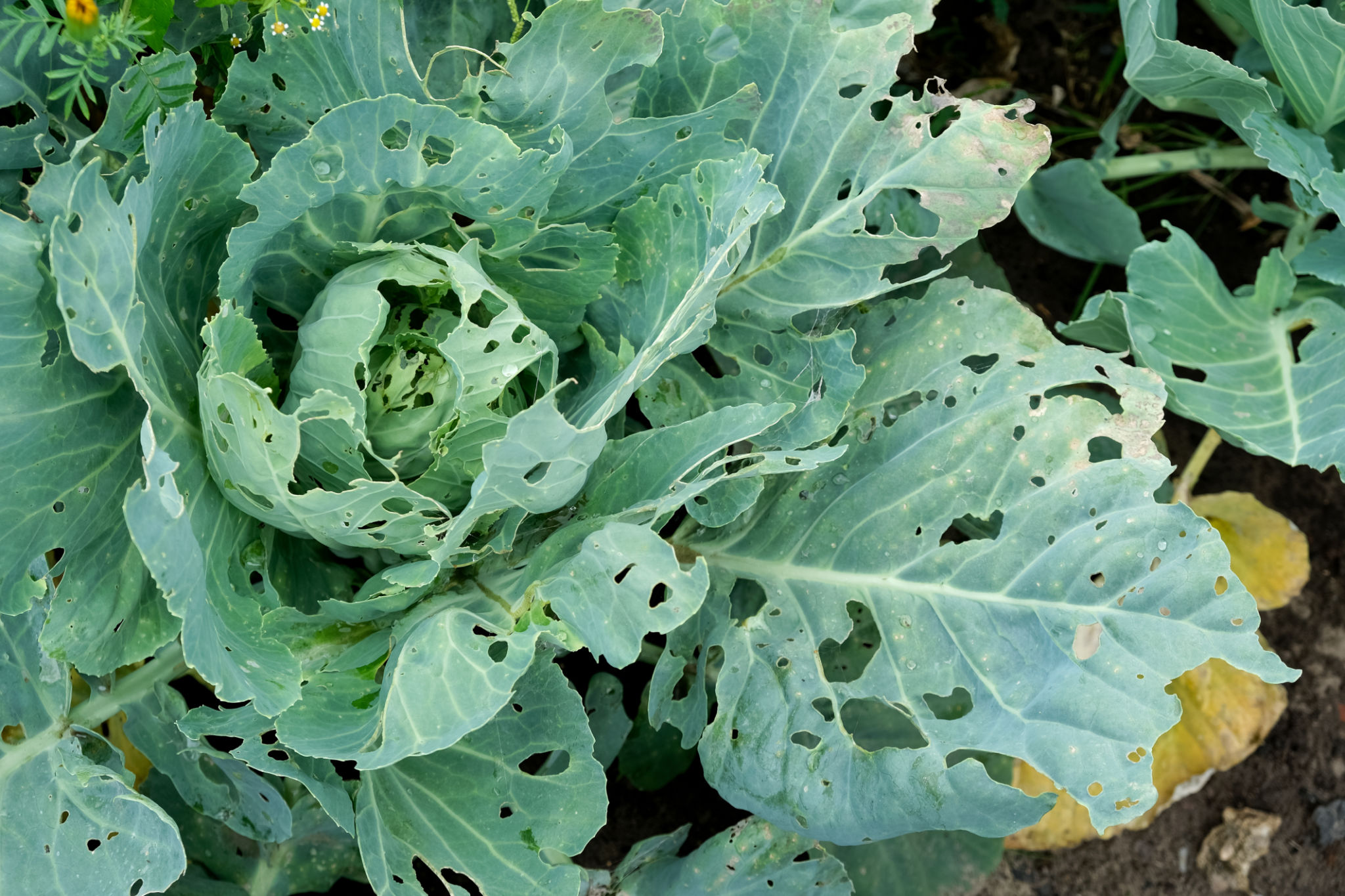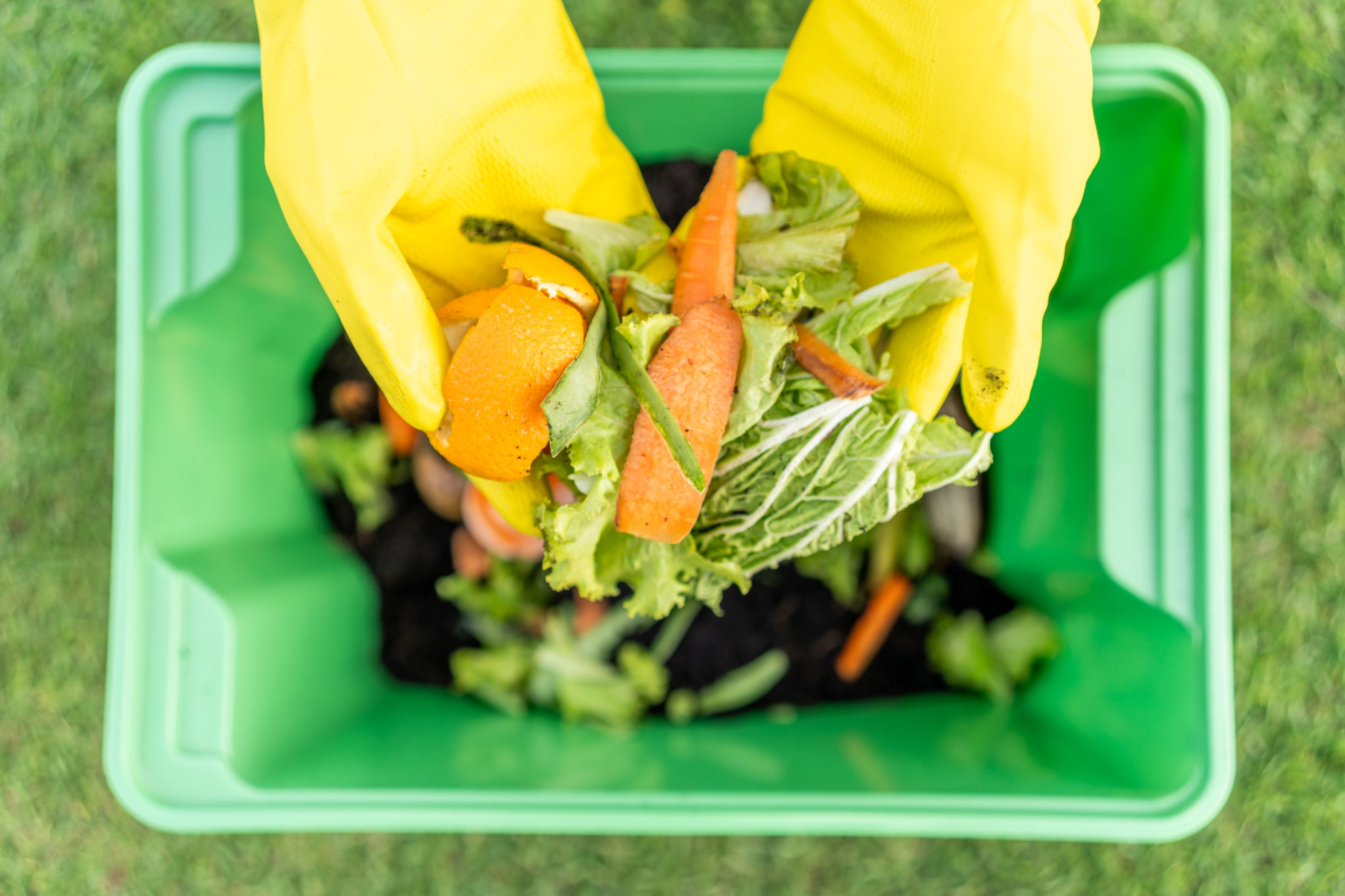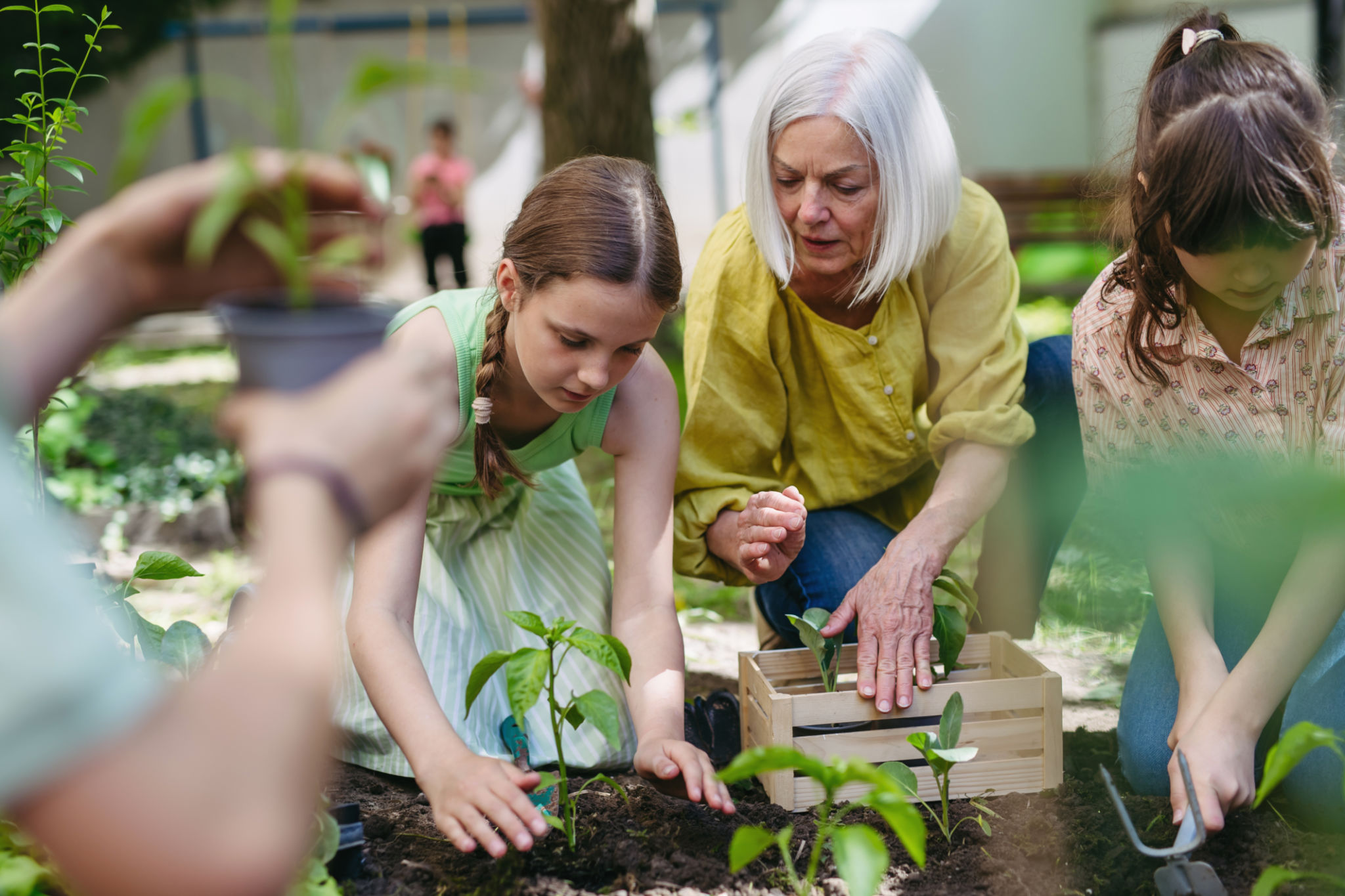DIY Biosecurity: Simple Steps for Homeowners in Brisbane
Understanding Biosecurity at Home
Biosecurity is a crucial aspect of maintaining a healthy and safe environment, especially for homeowners in Brisbane. With the increasing threats of pests and diseases, it's essential to adopt simple yet effective biosecurity measures to protect your home and surroundings. By implementing these strategies, you can contribute to the broader effort of preserving Australia's unique biodiversity.
Whether you have a sprawling garden or a small backyard, biosecurity measures are vital. They help prevent the introduction and spread of pests and diseases that can harm plants, animals, and even humans. By taking proactive steps, you can ensure your home remains a safe haven.

Identify Potential Threats
The first step towards effective biosecurity is to identify potential threats. These can include invasive plant species, pests such as insects and rodents, and plant diseases. Regularly inspecting your property is crucial to detecting these threats early. Look out for unusual signs such as discolored leaves, strange plant growth, or increased pest activity.
Common Pests in Brisbane
Brisbane homeowners should be particularly vigilant about pests like fruit flies, ants, and termites. These pests not only cause damage to your property but can also carry diseases. Understanding the common pests in your area will help you take targeted actions to manage them effectively.

Implement Preventive Measures
Once potential threats are identified, the next step is to implement preventive measures. These measures can include:
- Installing physical barriers such as fences or netting to keep larger pests out.
- Using organic pesticides and repellents to deter insects.
- Practicing crop rotation and companion planting to reduce pest attraction.
Additionally, maintaining garden hygiene by regularly removing debris and fallen leaves can prevent disease buildup and discourage pest habitats.
Practice Responsible Waste Management
Proper waste management is another critical aspect of biosecurity. Ensure that all organic waste is composted correctly or disposed of in designated areas. Avoid dumping garden waste in natural areas as it can introduce invasive species to new environments.

Composting Tips
To create a healthy compost, mix green materials like fruit scraps with brown materials such as dry leaves. Turn the compost pile regularly to aerate it and speed up decomposition. This not only reduces waste but also provides nutrient-rich soil for your garden.
Stay Informed and Involved
Finally, staying informed about local biosecurity threats and regulations is essential for effective management. Join community groups or online forums focused on gardening or biosecurity in Brisbane. These platforms provide valuable information on current threats and offer support from fellow homeowners.
Participate in local workshops or training sessions to enhance your biosecurity knowledge and skills. By staying engaged, you contribute to a community-wide effort in protecting the environment.

In conclusion, DIY biosecurity measures are vital for homeowners in Brisbane to safeguard their homes and the local environment. By identifying threats, implementing preventive measures, practicing responsible waste management, and staying informed, you can play a pivotal role in preserving the biodiversity of this beautiful region.